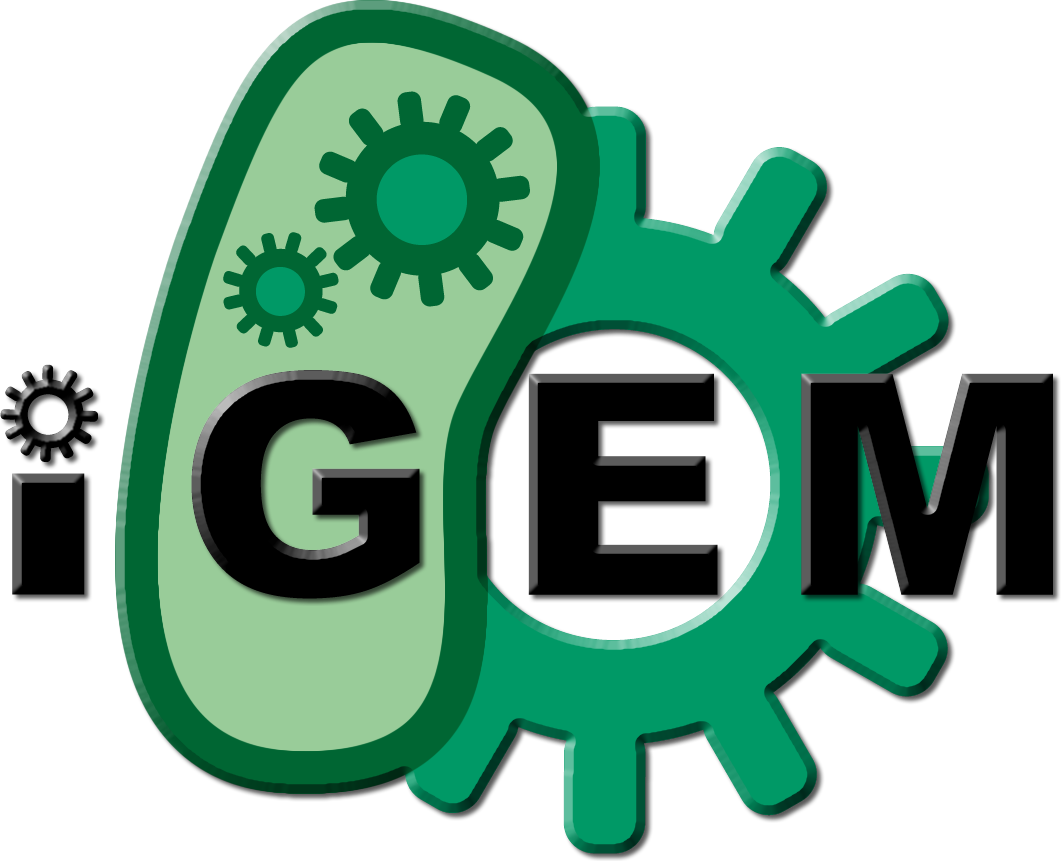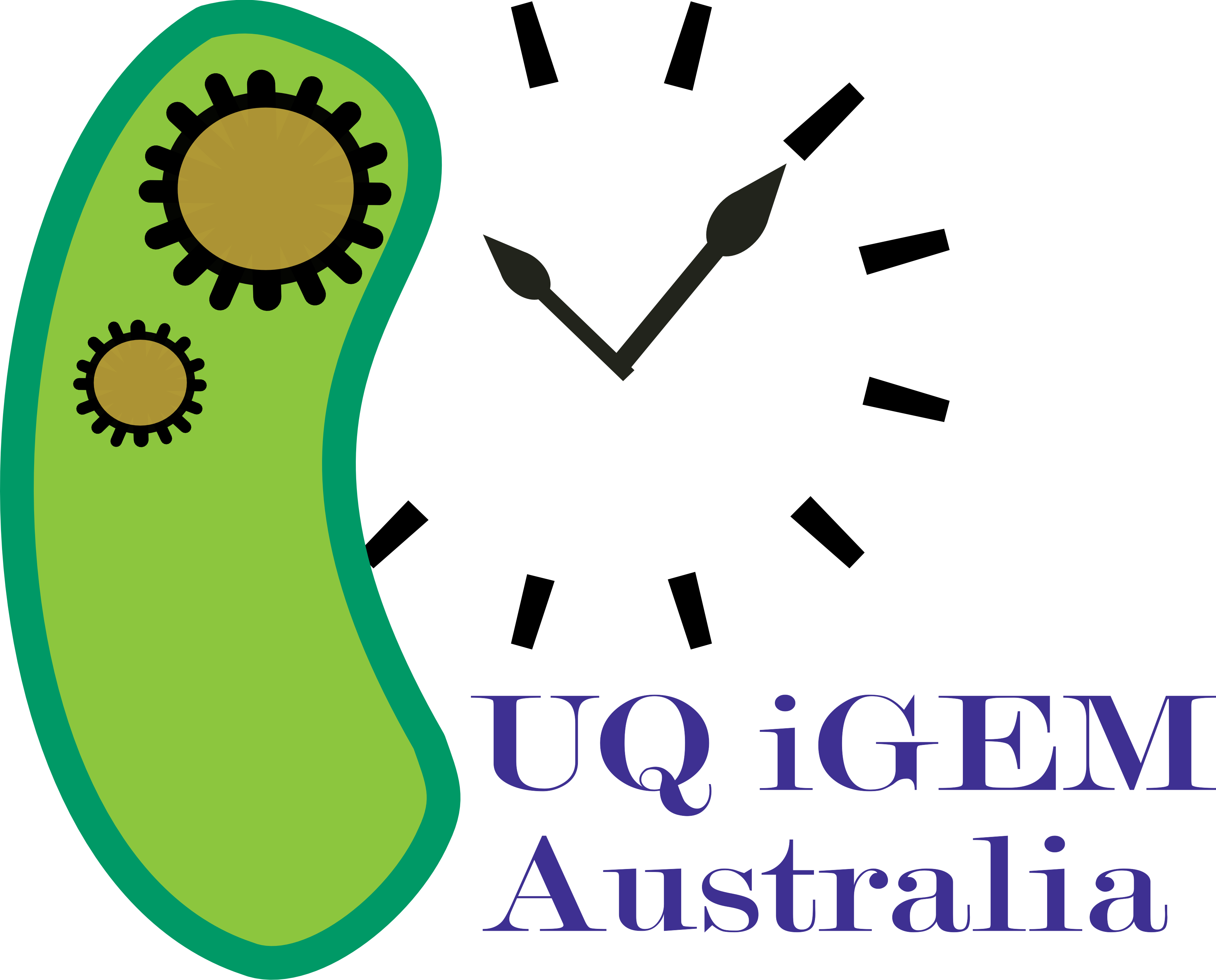Team:UQ-Australia/Human Practices
From 2011.igem.org
| Line 45: | Line 45: | ||
| | | | ||
|} | |} | ||
| - | |||
| - | |||
| - | |||
| - | |||
| - | |||
| - | |||
| - | |||
| - | |||
| - | |||
| - | |||
| - | |||
| - | |||
| - | |||
| - | |||
| - | |||
| - | |||
| - | |||
| - | |||
| - | |||
| - | |||
| - | |||
| - | |||
| - | |||
| - | |||
| - | |||
| - | |||
| - | |||
| - | |||
| - | |||
| - | |||
| - | |||
| - | |||
| - | |||
| - | |||
| - | |||
| - | |||
| - | |||
| - | |||
| - | |||
| - | |||
Revision as of 11:19, 4 October 2011
| Line 45: | Line 45: | ||
| | | | ||
|} | |} | ||
| - | |||
| - | |||
| - | |||
| - | |||
| - | |||
| - | |||
| - | |||
| - | |||
| - | |||
| - | |||
| - | |||
| - | |||
| - | |||
| - | |||
| - | |||
| - | |||
| - | |||
| - | |||
| - | |||
| - | |||
| - | |||
| - | |||
| - | |||
| - | |||
| - | |||
| - | |||
| - | |||
| - | |||
| - | |||
| - | |||
| - | |||
| - | |||
| - | |||
| - | |||
| - | |||
| - | |||
| - | |||
| - | |||
| - | |||
| - | |||






| ||
Biofutures[http://www.ausbiotech.org/content.asp?pageid=156 Biofutures] is a biotechnology forum for Year 11 and 12 students from Australia and New Zealand. UQ-Australia ran a workshop on 3 July 2011. This workshop included a presentation and a group activity. There are [http://www.facebook.com/media/set/?set=a.239278726099649.74195.174356539258535&l=f672fa7c36&type=1 pictures] and notes from this. The aim of the contribution to Biofutures was to introduce iGEM as a possible option for them when they pursue their tertiary studies. From this activity, students and mentors
Physics Society[http://physics.uq.edu.au/pain/ PAIN Physics Society] PAIN Physics Society is a student society for students with an interest in physics at the University of Queensland. Due to the interdisciplinary nature of synthetic biology and the generality of physics, a brief introduction to a new field of science seemed fitting. The aim of hosting a PAIN event is to promote synthetic biology as an emerging research field and to promote interdisciplinary on both the biology and physics sides. This event will be on a Friday 9 September 2011. PatentingIn a dynamic field such as synthetic biology, discovery moves at an astounding pace and is driven by the findings of groups from all around the world. However, conflict often arises when the choice between collaboration and commercialisation arises, and consequently patents have become commonplace in the scientific world. In the last 5 years, 34% of respondents had applied for or received a patent on their findings. Additionally, 68% stated that they had sent research tools to others in academia [1]. This is especially relevant in iGEM, a competition whose explicit aim is to remain open source and collaborative. We examine whether this is a realistic or achievable goal within the framework of patents in the scientific world.
[2] Mexico-UNAM-CINVESTAV, 2010, `Human Practices: Survey Results', accessed 4 August 2011 from https://2010.igem.org/Team:Mexico-UNAM-CINVESTAV/Home | 
|